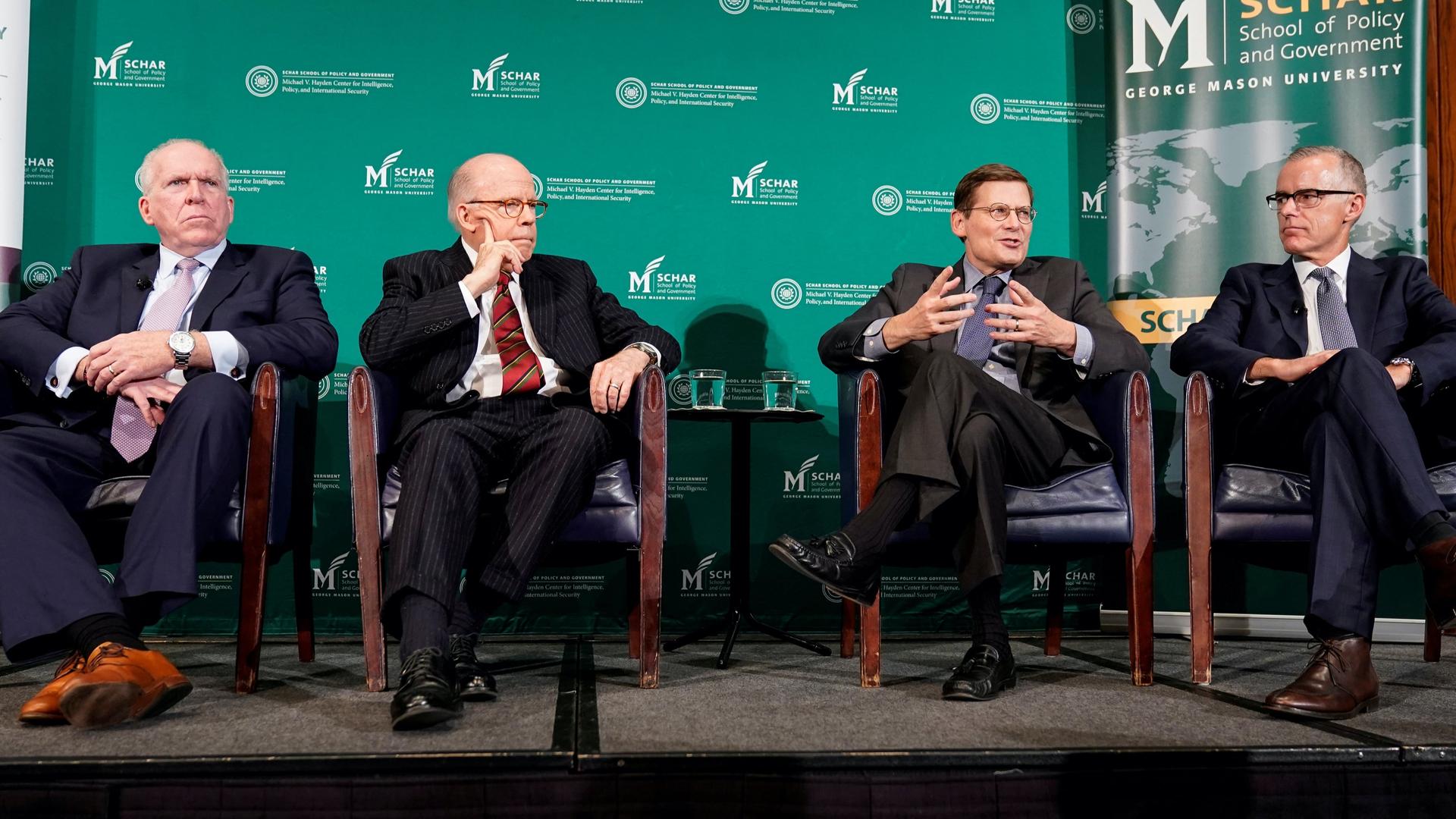Privacy of telecommunications
Legislating peace and security: Part II
This week, Critical State digs into new research about legislative oversight when it comes to security issues. As historian Peter Roady writes in a new article in the Journal of Policy History, the National Security Agency has escaped congressional oversight with two words: “It’s classified.”
We want to hear your feedback so we can keep improving our website, theworld.org. Please fill out this quick survey and let us know your thoughts (your answers will be anonymous). Thanks for your time!
New Documents Show Sweeping NSA Surveillance of Americans
Yesterday U.S. officials released new documents showing that the National Security Agency (NSA) may have unintentionally collected as many as 56,000 emails from Americans between 2008 and 2011. None of the individuals targeted had any connection to terrorism, but rather the communications were swept up inadvertently alongside targeted materials. Private telecommunications providers like AT&T were […]
Former FISA judge offers solution to restore confidence in court
The Foreign Intelligence Surveillance court has a PR problem. Its very existence as a “secret court” has rankled critics, who’ve demanded greater transparency. James Carr, who served on the court from 2002 to 2008 has offered his own solution to mend the public’s confidence in the court.
Recent rulings expand power of secretive FISA court
The New York Times this weekend revealed an expansion of power concentrated in the FISA court, the judges charged with reviewing government surveillance requests and approving or rejecting them. In virtually all cases, though, they’re approved. And new rulings show how that power is expanding.
Intelligence officials defend surveillance programs as a necessity in war on terror
At least two terrorist attacks, including a plot against the New York Stock Exchange, were thwarted thanks to government surveillance programs, U.S. officials said at an Intelligence Committee meeting Tuesday. The government has been trying to reframe the conversation around the programs after their existence was made public by Edward Snowden.
Subscribe to The World’s Latest Edition podcast for free using your favorite podcast player:


